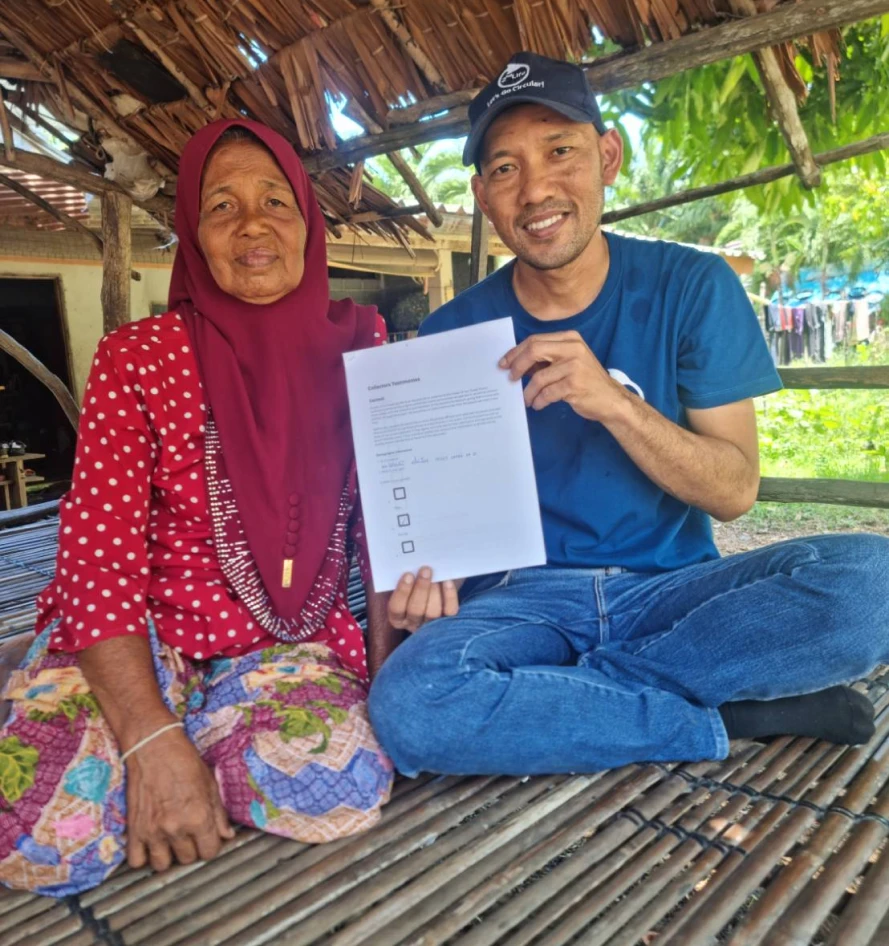Empowering local communities


We engage local communities by creating job opportunities, improving living conditions, and providing resources to promote sustainability.
+7000
local people positively impacted by the Second Life project since 2020.
64% women
in our collectors' network.
1212
collectors
collectors
including 1 municipality, 1 school waste bank and 2 community projects registered under the Second Life program.
Testimony from a collector

It’s always unpleasant to see the surroundings filled
with all this waste.
My wish for the project?
To sell more non-recyclable waste
and to push the plastic waste prices higher for the community.
Sitifahtimah Munprun
Grandmother of 4 children.
A Koh Lanta collector with 15 years of experience who also works as a massage therapist.




